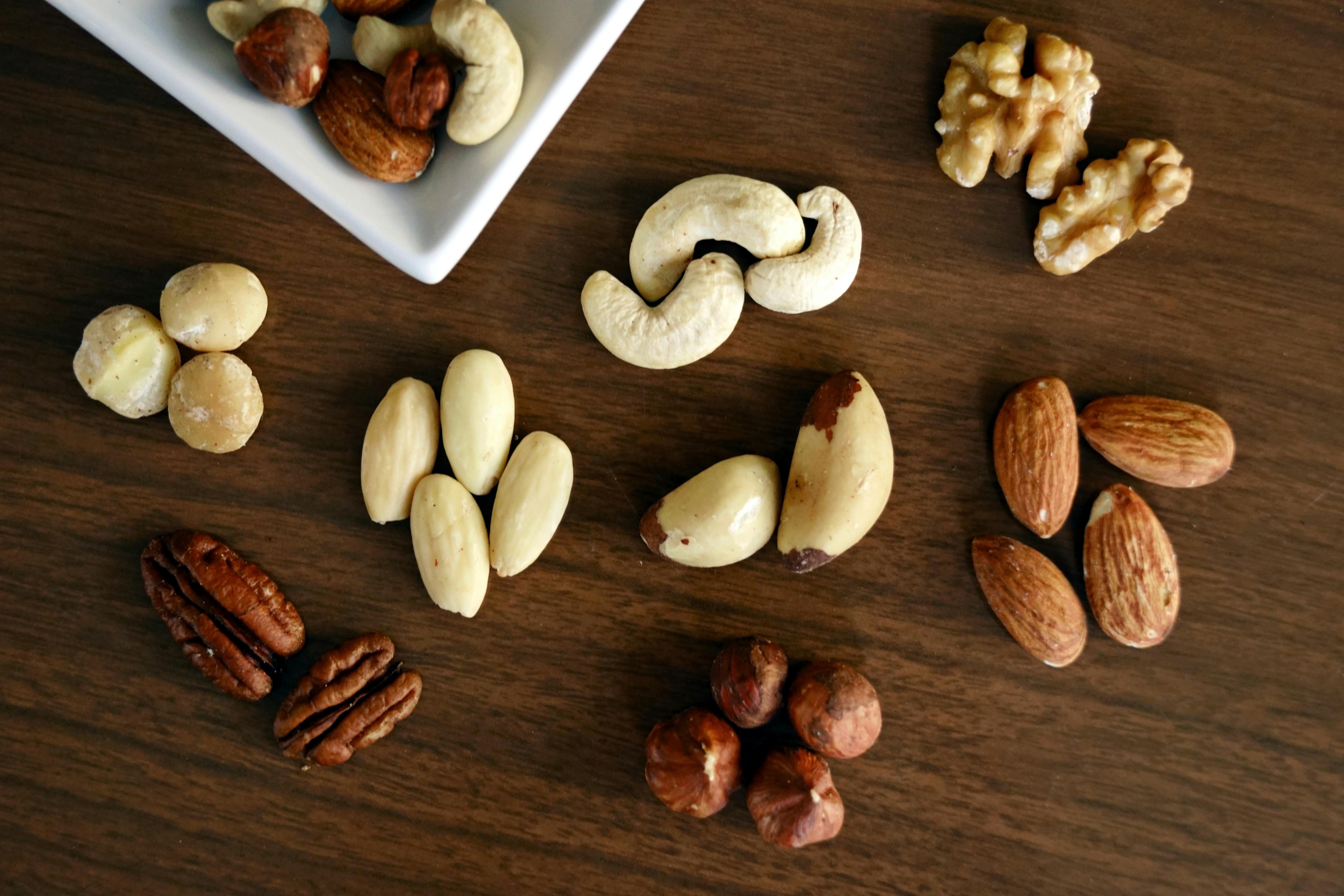Are Whole Foods Really Better for You?
You may have heard that eating whole foods is good for your health, but you may be wondering just how much of a difference it can make. In this article, we’ll explore the many health benefits of whole foods and how you can maximize those benefits in your own diet.

What Exactly Are Whole Foods?
Before we dive into the health benefits of whole foods, let’s first define what exactly constitutes a whole food. Whole foods are foods that are in their natural state and have undergone minimal processing or refining. These foods are typically rich in nutrients, including vitamins, minerals, fiber, and antioxidants.
Why Are Whole Foods Good for You?
Whole foods are good for you for a variety of reasons. They are typically nutrient-dense, meaning they contain a high concentration of essential vitamins and minerals. By consuming whole foods, you can ensure that you are getting all the necessary nutrients your body needs to function properly.
The Many Health Benefits of Whole Foods
There are numerous health benefits associated with consuming whole foods on a regular basis. These benefits include:
- Improved Digestion: Whole foods are typically high in fiber, which can aid in digestion and promote gut health.
- Weight Management: Eating whole foods can help you maintain a healthy weight, as they are often lower in calories and sugar than processed foods.
- Reduced Risk of Chronic Diseases: Whole foods are rich in antioxidants, which can help reduce inflammation in the body and lower the risk of chronic diseases such as heart disease and diabetes.
- Increased Energy Levels: Consuming whole foods can provide your body with the nutrients it needs to function optimally, leading to increased energy levels throughout the day.
How to Maximize the Health Benefits of Whole Foods
While simply incorporating more whole foods into your diet can be beneficial, there are ways to maximize the health benefits of these foods even further. Here are some tips to help you get the most out of your whole food consumption:
-
Eat a Variety of Whole Foods: Different whole foods offer different nutrients, so it’s important to eat a variety of foods to ensure you’re getting all the essential vitamins and minerals your body needs.
-
Opt for Organic: When possible, choose organic whole foods to avoid exposure to pesticides and other harmful chemicals.
-
Avoid Processed Foods: Processed foods are often high in sugar, salt, and unhealthy fats, which can counteract the benefits of whole foods. Try to limit your intake of processed foods and focus on whole, unprocessed foods instead.
-
Cook at Home: Cooking your own meals allows you to control the ingredients and ensure you’re consuming whole, nutritious foods.
-
Read Labels: When purchasing packaged foods, be sure to read the labels carefully and choose products with minimal ingredients and no artificial additives.

Incorporating Whole Foods Into Your Diet
If you’re looking to incorporate more whole foods into your diet, here are some easy ways to get started:
- Start Your Day with a Nutrient-Dense Breakfast: Opt for whole-grain oats topped with fresh fruit and nuts for a filling and nutritious breakfast.
- Snack on Fresh Fruits and Vegetables: Keep a bowl of fresh fruit on your kitchen counter for easy snacking, and have cut-up vegetables on hand for a quick and healthy snack.
- Swap Out Processed Snacks for Whole Foods: Instead of reaching for a bag of chips or cookies, opt for a handful of nuts, a piece of fruit, or some sliced veggies with hummus.
- Experiment with Whole Grains: Try incorporating more whole grains such as quinoa, brown rice, and barley into your meals for added fiber and nutrients.
The Role of Whole Foods in Weight Management
One of the key benefits of consuming whole foods is their role in weight management. Whole foods are generally lower in calories and higher in fiber than processed foods, making them an ideal choice for those looking to maintain a healthy weight.

Understanding the Difference Between Whole Foods and Processed Foods
Processed foods are foods that have been altered from their natural state through the addition of ingredients such as sugar, salt, and fat, as well as through cooking, preserving, or packaging methods. These foods are often lower in nutrients and higher in empty calories compared to whole foods.
Whole Foods Shopping List
If you’re looking to stock your pantry with whole foods, here is a basic shopping list to get you started:
| Fruit | Vegetables | Grains | Proteins | Dairy |
|---|---|---|---|---|
| Apples | Spinach | Brown Rice | Chicken Breast | Greek Yogurt |
| Oranges | Bell Peppers | Quinoa | Salmon | Eggs |
| Bananas | Broccoli | Oats | Lentils | Milk |
| Berries | Carrots | Farro | Tofu | Cheese |
| Avocado | Sweet Potatoes | Barley | Chickpeas |
Cooking Tips for Whole Foods
If you’re new to cooking with whole foods, here are some tips to help you get started:
- Experiment with Herbs and Spices: Using fresh herbs and spices can add flavor to your dishes without the need for added salt or sugar.
- Try Different Cooking Methods: Steaming, roasting, and grilling are healthier cooking methods than frying, as they require less added fat.
- Make Ahead Meals: To save time during the week, consider meal prepping on the weekends by cooking large batches of whole foods that you can portion out for easy meals.
Common Misconceptions About Whole Foods
There are several misconceptions surrounding whole foods that may prevent people from fully embracing them in their diet. Let’s debunk some of these myths:
- Whole Foods Are Expensive: While some organic or specialty whole foods can be pricier, there are plenty of budget-friendly options such as beans, lentils, canned tomatoes, and frozen vegetables.
- Whole Foods Are Bland: With the right cooking techniques and seasoning, whole foods can be just as flavorful as their processed counterparts.
- Whole Foods Are Time-Consuming to Prepare: While some whole foods may require longer cooking times, there are plenty of quick and easy recipes that can be made with minimal effort.
Conclusion
Incorporating more whole foods into your diet can have numerous health benefits, from improved digestion and weight management to reduced risk of chronic diseases. By following the tips outlined in this article and making small changes to your eating habits, you can maximize the health benefits of whole foods and support your overall well-being. So next time you’re at the grocery store, don’t forget to stock up on a variety of whole foods to nourish your body and mind.







